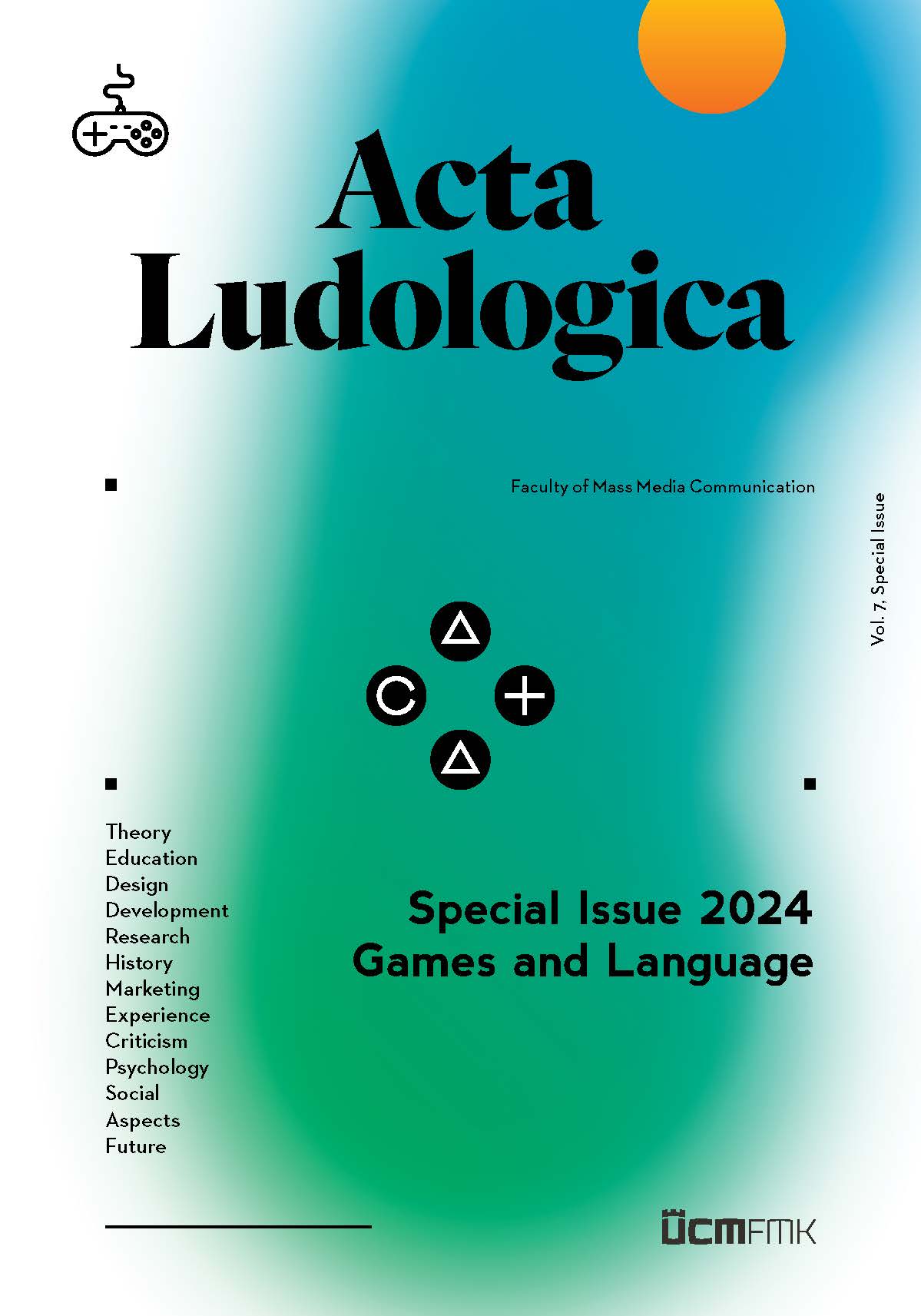Ana Arán Sánchez
ABSTRACT:
Using playful learning methodologies in foreign language learning among adults has gained more attention in recent years, due to the advantages and benefits that students receive from it. The results of an action research intervention with a mixed-method approach are presented, which was conducted in a Rural Normal School, a public federal higher education institution located in the state of Chihuahua, north of Mexico. This research was implemented in the English as a Foreign Language (EFL) course, involving 90 second-year students pursuing bachelor’s degrees in elementary education and preschool education, during the 2022-2023 school year. The purpose of the study was to design and implement a program using a playful learning approach to develop the cognitive, affective, and sociocultural aspects of the students. The instruments used included participant observation, a teacher’s diary, and a structured questionnaire to identify students’ experiences in the English class. The results show strong development in the cognitive and affective aspects, and a lesser degree of development in the sociocultural element.
KEY WORDS:
English teaching, higher education, learning process, normal rural schools, playful approach.
DOI:
10.34135/actaludologica.2024-7-SI.114-126
View full article

